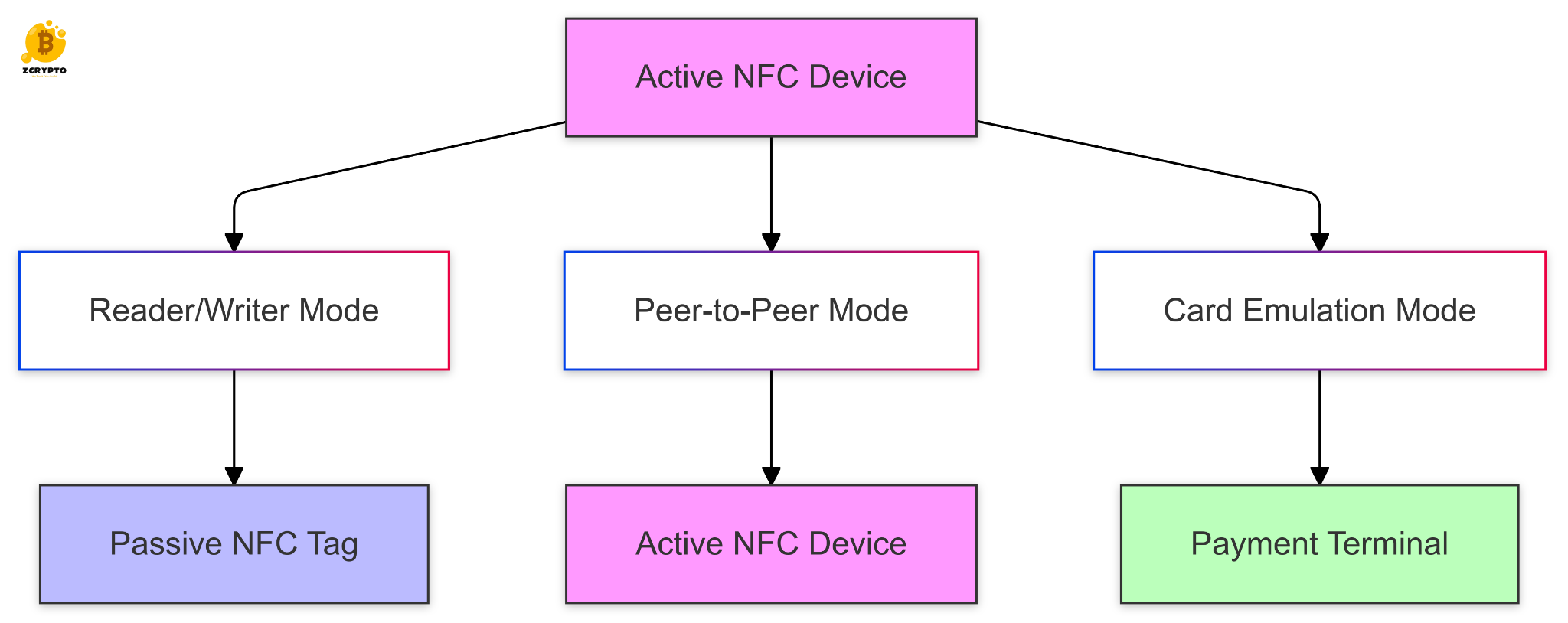Legal Claims for Investment Fraud
Breach of Contract
A breach of contract occurs when one party fails to fulfill their contractual obligations. In investment fraud cases, this could involve a failure to disclose critical information or a violation of contractual terms related to investment management. To petition the courts for damages due to contract breaches, victims must demonstrate that the breach caused them financial harm. For example, if an investment advisor promises a certain return on investment but fails to deliver, this could be considered a breach of contract.
Fraudulent Misrepresentation
Fraudulent misrepresentation involves making false statements with the intent to deceive, knowing the falsity of the statements, causing reliance on those statements by the victim, and resulting in harm suffered by the victim. Proving each element is essential to establish a valid claim. For instance, if an investor is misled about the risks associated with an investment and subsequently suffers losses, they may have grounds for a fraudulent misrepresentation claim.
Unjust Enrichment and Civil Theft
Unjust enrichment occurs when one party benefits at the expense of another without legal justification. This differs from breach of contract as it does not require a contractual relationship. In Texas, civil theft under the Texas Theft Liability Act can also apply in investment fraud cases where assets are misappropriated or stolen. These claims focus on restoring fairness by requiring the wrongdoer to return any ill-gotten gains.
Conversion and Deceptive Trade Practices Act (DTPA)
Conversion involves using someone else’s assets for unintended purposes without permission. In investment fraud cases, this might include misusing investor funds for personal gain. The Deceptive Trade Practices Act (DTPA) protects consumers from deceptive practices in various contexts, including investments. If an investor is deceived into making an investment based on false information or misleading practices, they may have grounds for a DTPA claim.
Remedies Available for Investment Fraud
Monetary Relief
Monetary relief is one of the primary remedies available to victims of investment fraud. This includes compensatory damages, which aim to restore the victim to their pre-loss financial state, as well as recovery of the original investment amount. Courts determine the amount of monetary relief based on evidence presented during the trial.
Punitive Damages
Punitive damages are awarded to punish egregious behavior and deter future misconduct. These damages go beyond compensatory damages and are intended to make an example out of the wrongdoer. For instance, in consumer protection contexts where deceptive practices are widespread, punitive damages can be substantial.
Attorneys’ Fees and Costs
In some cases, victims can recover attorneys’ fees and costs in addition to damages. This is particularly important as it ensures that the plaintiff is fully compensated for their losses without being burdened by legal expenses.
Injunctive Relief
Injunctive relief is a court order that prevents further harm or misuse of assets. This remedy is crucial in protecting the plaintiff’s interests by stopping ongoing fraudulent activities or ensuring that assets are not dissipated.
Unlawful Interference with Economic Relations
Elements of the Tort
To establish unlawful interference with economic relations, victims must prove several elements: intent to harm, interference by unlawful means, and economic loss resulting from this interference. Demonstrating a clear causal connection between the defendant’s actions and the economic harm suffered is essential.
Compensatory and Consequential Damages
Victims of unlawful interference can seek compensatory and consequential damages. These damages aim to put the plaintiff in the position they would have been in without the interference. For example, if a business loses contracts due to another company’s illegal actions, they may seek damages for lost profits.
Punitive Damages in Unlawful Interference
In cases of unlawful interference, punitive damages can be awarded if the court finds that the defendant’s conduct was particularly egregious. The degree of harm caused and the defendant’s intent are key considerations in determining whether punitive damages are appropriate.
Disgorgement as an Alternative Remedy
When Disgorgement is Available
Disgorgement is an alternative remedy that involves depriving the wrongdoer of any ill-gotten gains. It is commonly available in cases involving breach of fiduciary duty, breach of trust, or corporate oppression. Disgorgement focuses on restoring fairness rather than compensating the victim directly.
Seeking Financial Compensation: Processes and Limitations
Complaint Process Through OBSI
Victims of investment fraud can make a complaint to the Ombudsman for Banking Services and Investments (OBSI). This process involves submitting a complaint within specified time limits and allows for a neutral third-party review of the dispute. OBSI can recommend compensation but does not have binding authority.
Arbitration
Arbitration is another alternative to court proceedings, involving a legally binding decision made by an arbitrator. This process can be less costly than going to court but still requires legal representation. Arbitration organizations designated by CIRO (Canadian Investment Regulatory Organization) handle these cases.
Going to Court
Taking a complaint to court involves filing a lawsuit within specified limitation periods and seeking legal advice from an attorney. While this process can be more time-consuming and costly than OBSI or arbitration, it offers the potential for higher compensation awards if successful.




